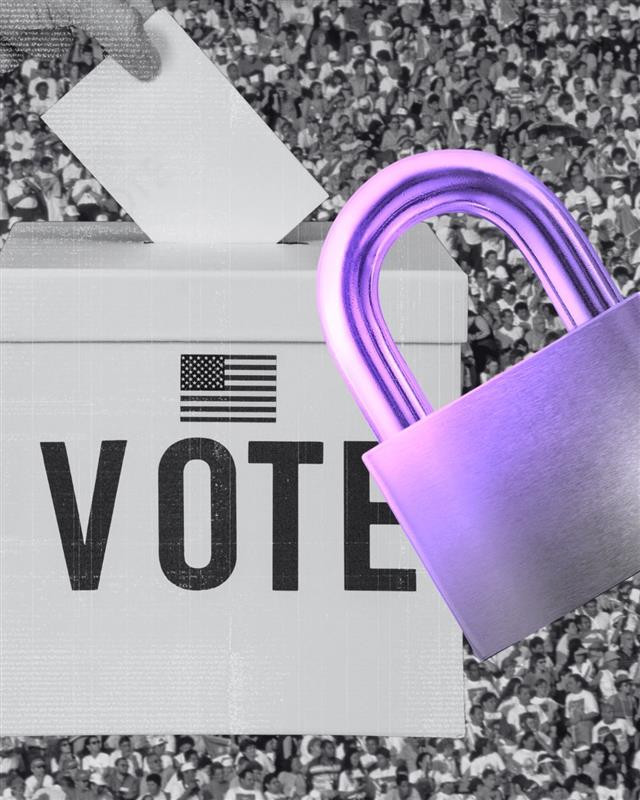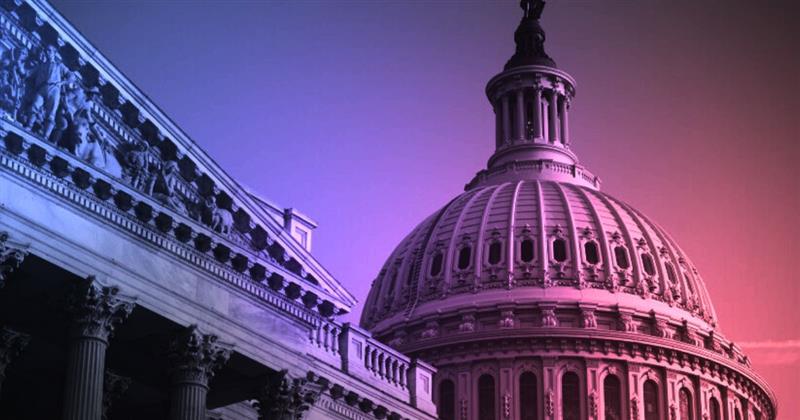Voter dissatisfaction fuels growing support for school choice
The Big Picture
Education policy is one of the most crucial investments a country can make in its future. However, dissatisfaction with the U.S. public education system has grown substantially over the past four years. In Gallup's 2023 survey, 63% of Americans reported being either somewhat or completely dissatisfied with the state of K-12 education.
Amid this frustration, school choice policies—which offer parents more flexibility in selecting schools for their children—have gained momentum. The term "school choice" encompasses a range of initiatives, including voucher programs, charter schools, education savings accounts (ESAs), and tax-credit scholarships that allocate public funding toward alternatives to traditional public schools.
The COVID-19 pandemic played a key role in shifting public sentiment. In 2021, charter school enrollment surged as parents reevaluated their children's education. School choice advocate Betsy DeVos noted, “Parents had a front-row seat to see what was happening in their child’s education world. Whether it was in their living room or kitchen, they saw on the screen what was or wasn’t happening. And many of them were very unhappy with what they discovered.”
Zooming In
Americans favor school choice over expanding public schools
Our latest Independent Center survey confirms rising support for school choice. We asked voters:
"Which of the following do you believe would make our educational system more effective?"
- 48% of voters support reforming education to give parents vouchers to choose public or private options.
- 39% of voters support growing and investing more in government-run public schools.
- 13% of voters advocate eliminating public schools and providing funding to parents to select whatever private options they want.

School choice support varies by party affiliation
While support for school choice is widespread, political affiliation plays a key role in shaping voter preferences.
- 50% of Democrats support expanding investment in public schools, compared to just 36% who favor school vouchers.
- 56% of Republicans and 50% of independents favor reforming education through voucher programs.

The local impact of school choice policies
School choice is shaping state and local elections more than the national conversation. According to EdChoice, lawmakers in 40 states debated 111 school choice bills in 2023, with nearly 80% focusing on education savings accounts (ESAs).
In Texas, school choice opposition proved politically costly. Of the 16 Republican state representatives who voted against a school choice measure, 10 now face primary challenges—an indicator of the policy's significance to conservative voters. Political commentator Alexander Salter summarized the impact:
"The results are clear: Texas Republicans want school choice, and they’re happy to vote out politicians who don’t.”
Data Snapshot
- 63% of Americans are dissatisfied with the state of K-12 education. (Gallup, 2023)
- 48% of voters support voucher programs over expanding public schools.
- 56% of Republicans, 50% of independents, and 36% of Democrats favor school vouchers.
- Texas GOP legislators who opposed school choice now face strong primary challenges. (Lubbock Avalanche-Journal)
- In 2023, 40 states debated 111 school choice bills. (EdChoice)
Independent Lens
While education is not a top priority in the 2024 presidential race, it remains a decisive issue in state and local elections. When we asked voters “What is the most pressing issue in America today?”, education ranked last, with only 2% of respondents choosing it.

Economic concerns and immigration continue to dominate voters’ priorities. However, the rapid expansion of school choice legislation suggests that politicians who ignore education policy do so at their own risk—especially at the state level.
The American education system is undergoing significant transformation, driven largely by parents’ demand for more choices. Will policymakers listen? Only time will tell.
Stay informed and join the conversation. Sign up here to receive more insights from the Independent Center.


.jpeg)


.jpg)